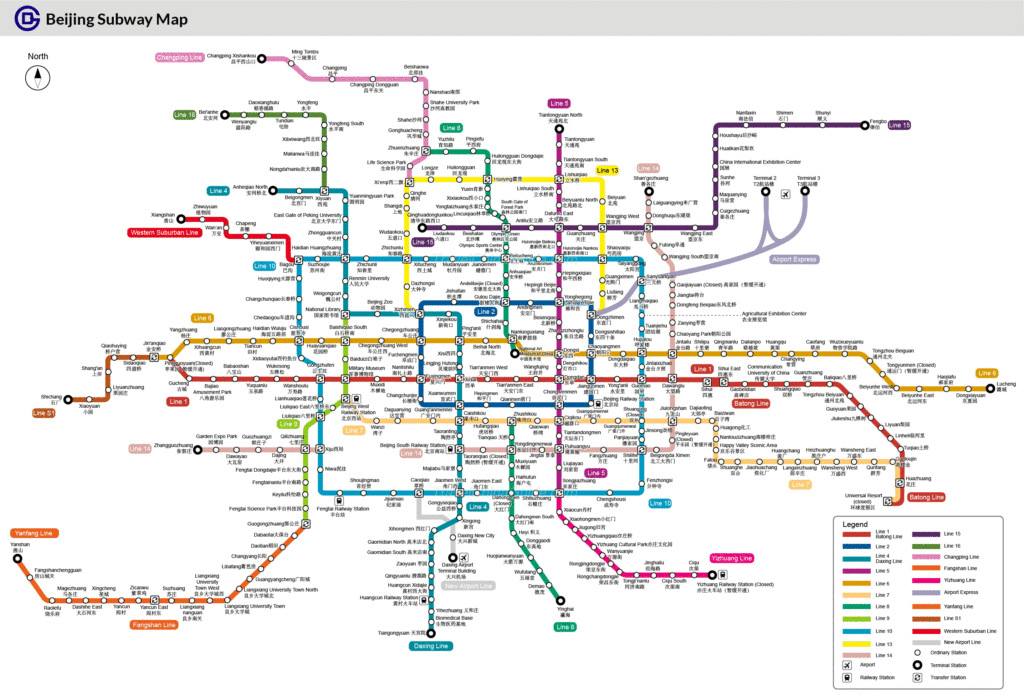Owning a car seems to be a natural thing to do once your basic needs are fulfilled. In fact, car ownership is often tied with social status. More than once I have a few subordinates at work who asked me why I did not get a car. To them, getting a car is the next obvious thing to do because I can afford it.
In fact, me not getting a car despite having a higher salary than them often baffles them. Afterall, despite having a lower salary than me, they own a car. That is on top of the bigger and/or better house they live in, compared to mine.
Differences In Owning A Car In Different Countries
Car ownership has widely different impacts for people around the world in terms of convenience and cost. Its practicality beyond that of defining our social status also ranges across the whole spectrum.
In New Zealand, you can get a brand new Suzuki Swift for about 22000 NZD. I once bought a 1995 Mitsubishi Lancer for only 2000 NZD while I was living there. In Singapore, a brand new common Toyota would cost about 70000 SGD, and you can only use it for 10 years as part of the Government regulations (more explanation about COE seen in the picture explained below). The cost of a car in US is nearer to that of New Zealand, while that of China is nearer to that of Singapore, just that China does not have a 10 year use policy.
In New Zealand, cars are cheap and the Government encourages the use of cars as a mode of transport. Public transport are few and expensive. In that big of a land with so few people, it makes no economical sense to develop a transport network, but to encourage people to drive themselves. In this situation, it makes all the sense to get a car in New Zealand. It is a necessity and the cost is relatively very affordable. As an added bonus, driving there is much less stressful compared to China.
Singapore is a country with a land mass 350 times smaller than New Zealand, yet has a higher population than the whole of New Zealand. Its high population density makes great economical sense to develop an extensive public transportation network. Its citizen can get around using the public buses and ever increasing train lines. The same applies for big cities like Tokyo and Beijing, also known for their extensive and confusing web of train lines.
Now comes the cost. While it is necessary to own a car in New Zealand, it is not so for people living in Singapore, Tokyo, Beijing etc. Yet, cars in these cities are in such high demand despite the high prices that the Government has to step in to introduce various measures to curb car ownership.
Singapore introduced the Car Ownership Entitlement (COE), basically a paper licence for you to own a car.This COE is awarded through a bidding process, and the price of it can fluctuate from about $30000 to $40000 for a common car, going upwards to $70000 at one point in time. This COE allows you the right to own a car only. You still need to pay for the exorbitant price of the car itself. This COE last only 10 years, after which you need to bid for a new one again. Take note your car can only be used for a maximum of 15 years. Should you choose to, you can extend your COE after the first 10 years for another 5 years by paying another fee, after which your car has to be scrapped.
Beijing has a lot drawing system for the car plate number, which gives you the right to purchase should you successfully secured it. Of course this leads to a black market system where people desperate for a car will pay much more. They also have the added system of restricting cars on certain days. For example, cars with licence plates ending with 1 and 3 cannot be seen on the roads on Mondays, cars with licence plates ending 2 and 4 cannot be used on Tuesdays etc.
In countries where car ownership is intentionally made expensive, chances are the Government is trying to discourage it. In place of them, as mentioned above, public transport is made accessible and the people can actually travel from point A to point B within a realistic and reasonable time frame.
Showing 1 - 3 out of 3
Page 1 out of 1
| - | Shop Products | Price | |
|---|---|---|---|
|
|
$99,999.00
|
||
|
|
$1.00
|
||
|
|
Price range: $69.00 through $99.00
|





